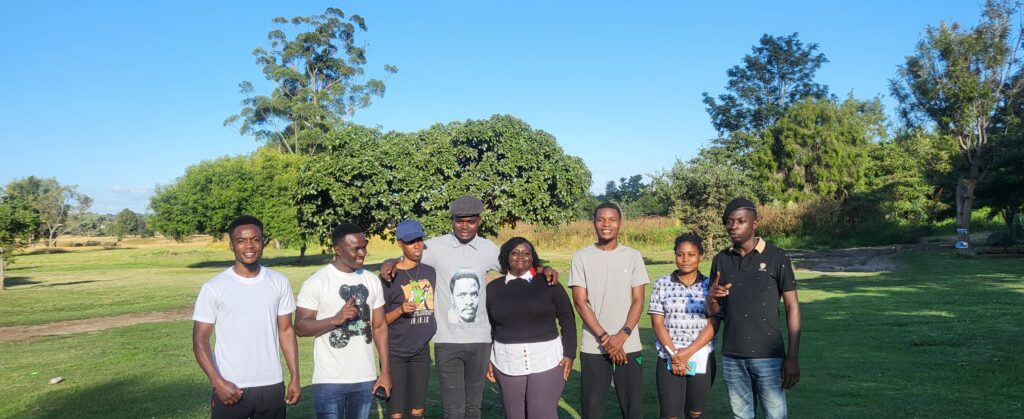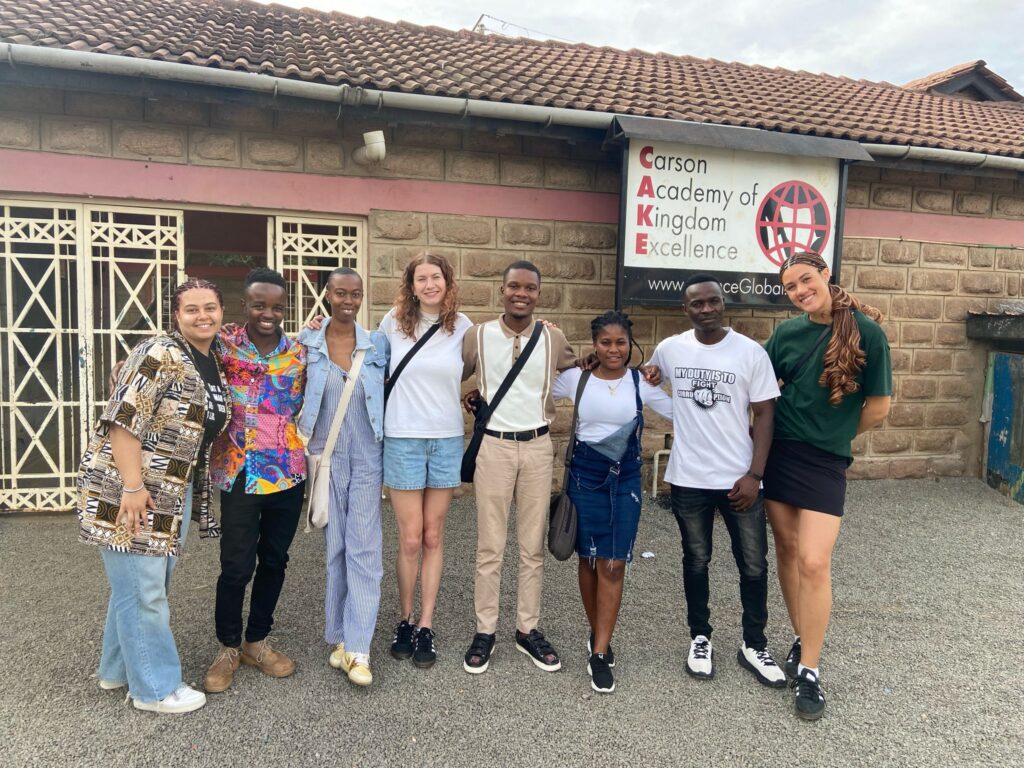This comprehensive training program, held over three days, brought together ZINASU’s National Executive Council (NEC) to focus on critical themes of digital and physical safety, feminist leadership, and student welfare. The sessions sought to equip youth leaders with the knowledge and tools to navigate Zimbabwe’s restrictive civic space, challenge gender inequality, and support vulnerable student activists.
The first session, focused on digital security and civic safety in the face of increasing government surveillance and legal restrictions. Participants examined tools like the Interception of Communications Act and discussed the risks of using insecure digital platforms. NEC members gained awareness of the dangers of surveillance and digital illiteracy, and developed practical strategies such as avoiding sensitive planning online, promoting digital literacy, and fostering a culture of safety. They proposed ongoing knowledge-sharing through podcasts, safety campaigns, and community engagement to ensure widespread impact.
In the second session, the facilitation focused on deep engagement with feminist leadership principles, emphasizing gender equality, inclusion, and social justice. NEC members acknowledged cultural and religious barriers to feminism and prioritized grassroots education to combat misconceptions. Strategies included defining feminism clearly to youth, encouraging equal treatment of children, and promoting policy advocacy. Sustainability plans included mentorship, safe spaces, and feminist education programs aimed at changing institutional cultures and empowering young women leaders.
A vital conversation with unionist leader addressed the plight of suspended student activists, many of whom face financial and academic hardship. The NEC called for the reactivation of the Students Solidarity Trust, fundraising efforts, mentorship, legal aid, and advocacy for fair disciplinary procedures in universities. These interventions aim to ensure suspended students remain engaged and supported within the broader movement for justice.
The report concludes with recommendations to strengthen future training: tailoring sessions to participant needs, providing practical exercises, fostering peer learning, and offering post-training support. A key takeaway is the need for a holistic, integrated approach—linking safety, gender equality, and student support—to build a more just, informed, and empowered civic movement in Zimbabwe.


